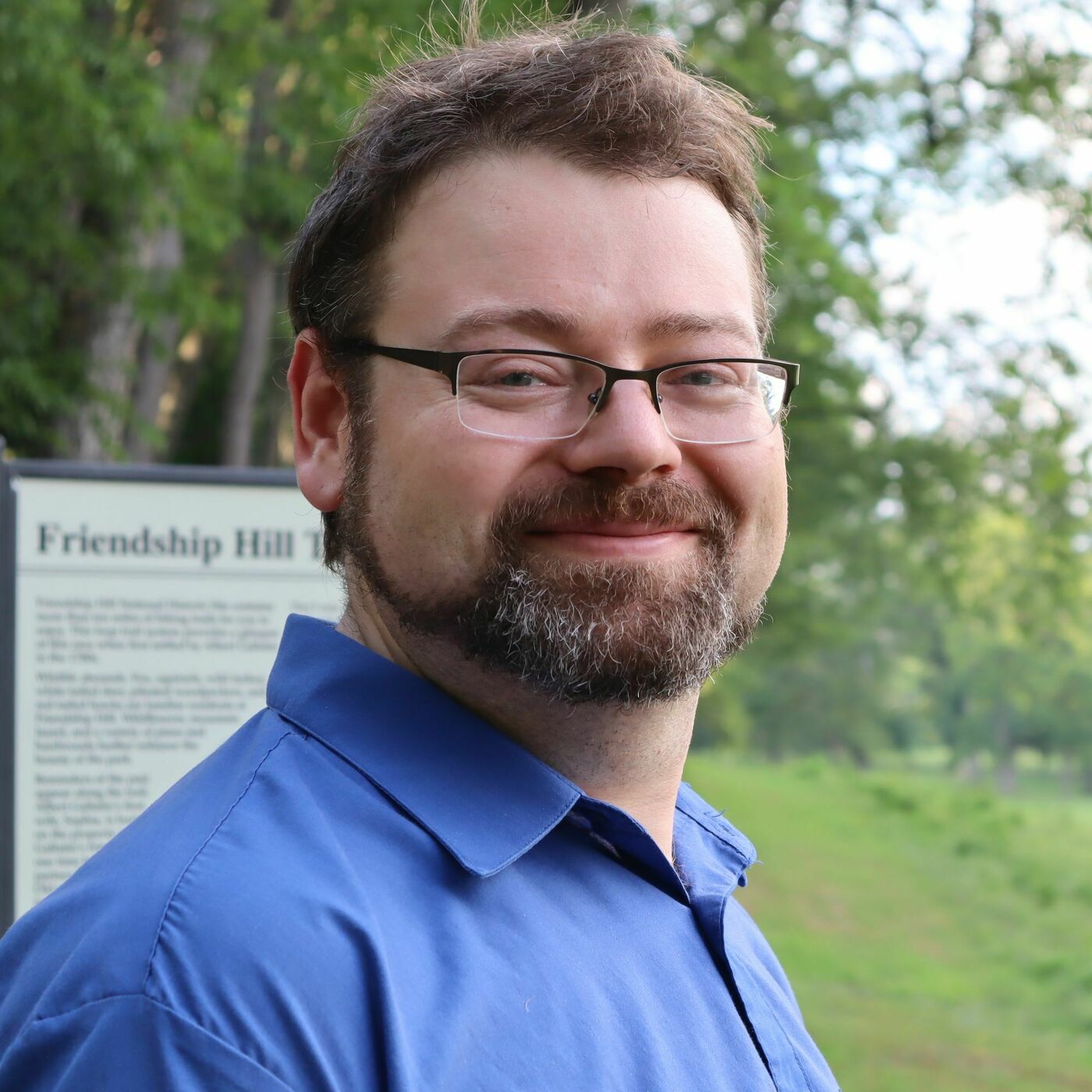What Do Stem Cells Mean For The Future Of Parkinson's? - Short Wave
Update: 2025-09-16
Description
Parkinson’s Disease affects around a million people in the United States. And that number is on the rise, in part because our population is getting older.
Dr. Claire Henchcliffe, chair of neurology at the University of California, Irvine, is one of the scientists at the forefront of Parkinson’s research. She's working toward new treatment options for Parkinson’s, including recent discoveries about the potential use of stem cells.
Science correspondent Jon Hamilton dives into this research — and even a future where scientists can prevent the disease altogether — on the show with Henchcliffe.
Interested in more on the future of brain science? Email us your question at shortwave@npr.org – we may feature it in an upcoming episode!
Listen to every episode of Short Wave sponsor-free and support our work at NPR by signing up for Short Wave+ at plus.npr.org/shortwave.
Learn more about sponsor message choices: podcastchoices.com/adchoices
NPR Privacy Policy
Dr. Claire Henchcliffe, chair of neurology at the University of California, Irvine, is one of the scientists at the forefront of Parkinson’s research. She's working toward new treatment options for Parkinson’s, including recent discoveries about the potential use of stem cells.
Science correspondent Jon Hamilton dives into this research — and even a future where scientists can prevent the disease altogether — on the show with Henchcliffe.
Interested in more on the future of brain science? Email us your question at shortwave@npr.org – we may feature it in an upcoming episode!
Listen to every episode of Short Wave sponsor-free and support our work at NPR by signing up for Short Wave+ at plus.npr.org/shortwave.
Learn more about sponsor message choices: podcastchoices.com/adchoices
NPR Privacy Policy
Comments
In Channel

















